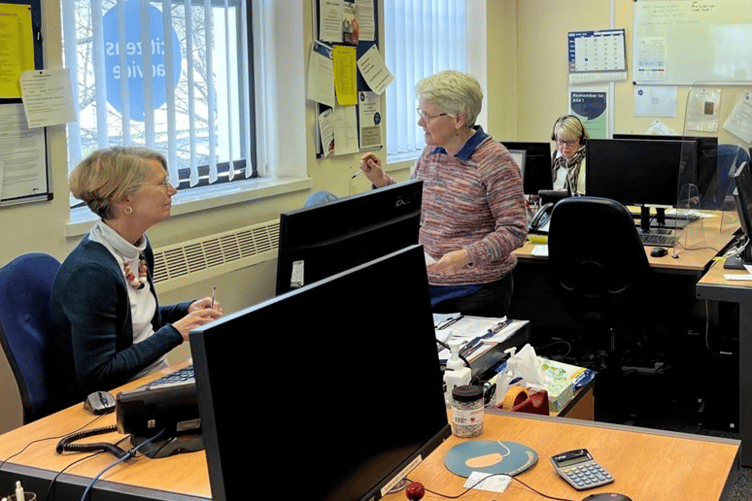At the Woking Borough Council meeting on February 8, a package of support was agreed for Citizens Advice Woking (CAW).
This has been stated as totalling £229,000 and has been said to be a comprehensive support package for CAW to transition to a different funding model whilst continuing to protect the most vulnerable residents in the borough.
The reality, from April 1, will be somewhat different for residents. Approximately £115,000 is related to CAW’s offices in Provincial House. The council has said it will allow CAW to continue to operate from these offices for at least another 12 months, but this will not directly mean being able to continue to protect the most vulnerable in the community.
Other funds in the package include a continuation of projects already carried out by CAW, related to the Court Desk and to the Ukrainian Hub, and support for Syrian and Afghan refugees; £30,000 is from the central government UK Shared Prosperity Fund (SPF) to help support CAW’s transition to a new business model. This, however, must be used for transforming the organisation and its sources of funding, not for day-to-day support for CAW’s clients.
The council’s proposed “Hardship Fund” must be set up as a result of the proposed increase in council tax for 2024-25. This is for CAW to liaise with, and co-ordinate, other organisations in the borough who can provide information and advice for those Woking residents experiencing financial hardship. As with the SPF, it is restricted funding, not for casework with individual vulnerable residents.
In summary, there will be no community grant funding for CAW for 2024-25 and beyond (nor indeed for any other voluntary organisation in Woking), the funding that enables its core advice service. The impact of this cut means a reduction of £190,000 in CAW’s annual income, at a stroke.
From April 1, it will mean a significant reduction in the services CAW can provide, including how often CAW’s offices will be open for residents’ drop-in, its ability to take direct referrals from the council and other organisations, and its ability to support clients with any issue, as at present.
Over the last year, CAW has supported 7,000 local clients, ten per cent of the Woking adult population, and helped them with an income gain of over £1m. Helping anything like this number of clients will not be possible in the coming year.
As Laurence Oates, chair of CAW, said: “Our amazing volunteers have shown, through their letters and protests, their commitment and passion for the vital service that Citizens Advice Woking provides. We recognise the need for CAW to move to a different funding model but the council’s view that this is a really good outcome for CAW misses the point. Our priority is not our organisation, it is our vulnerable clients, and their numbers are increasing all the time, as well as having ever more complex needs.
“We are working hard to identify how we might be able to continue to operate, but the result will be a significantly slimmed-down service.
“The board is also exploring, as a matter of urgency, many alternative sources of funding.
“Crowdfunding is one, and we expect to announce a crowdfunding campaign for CAW in the near future.”

.jpeg?width=209&height=140&crop=209:145,smart&quality=75)

Comments
This article has no comments yet. Be the first to leave a comment.